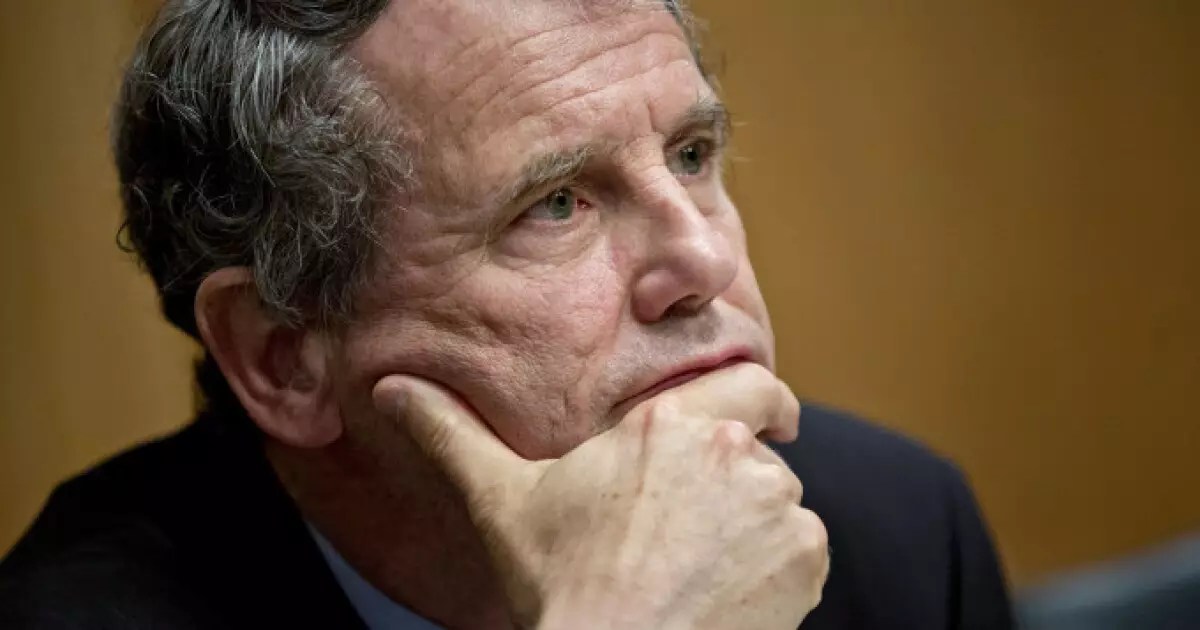The political landscape in the United States teeters on the edge of transformation as recent elections have left voters pondering the implications of their choices. With former President Donald Trump emerging as a potential frontrunner to reclaim the presidency, the congressional makeup is equally critical, especially for market observers. As Republicans appear to have gained control of the Senate while the House remains a battleground, understanding the potential ramifications on the municipal bond market becomes essential.
Late Tuesday night, reports indicated a significant shift in congressional power dynamics, with Republicans flipping critical Senate seats. This shift raises fundamental questions regarding governance and policy direction. Notably, three seats changed hands, marking a substantial achievement for the GOP. However, while Republicans may have edged ahead in the Senate, the House of Representatives presented a different picture, with Democrats managing to flip a seat in New York but still battling for a majority that remains too close to call.
The unresolved status of over 100 races signifies a period of unpredictability. This uncertainty is not just a political matter; it inherently affects the municipal bond market, which thrives on clarity and stability. In financial markets, a clear delineation of power can mitigate risks, while a divided government often translates into a more cautious approach to fiscal policy.
As both parties navigate their strategies, the pressing issue remains the potential changes to tax laws that influence municipal bond demand. A unified Republican front could translate into attempts to extend provisions from the Tax Cuts and Jobs Act (TCJA). Trump himself has signaled intentions to make some aspects of the TCJA permanent, which could directly impact the attractiveness of tax-exempt bonds.
A crucial concern is the future of the $10,000 cap on state and local tax deductions. Previously implemented under Trump’s administration, this cap has been contentious—especially among stakeholders in more heavily taxed states like New York and California. With influential bipartisan lawmakers advocating for its removal, negotiating the cap’s existence could become a central political battle if Republicans regain control of both chambers.
On the flip side, should Democrats regain the House, figures like Richard Neal, a longstanding advocate for municipal bonds, may steer discussions on tax reformation. The ability of either party to enact changes to tax laws will be influenced by their margins in Congress, meaning that even a slim majority could lend more weight to negotiating groups who prioritize municipal finance.
Investors are closely monitoring how election outcomes can affect economic policy. Proposals from Trump, such as reducing corporate tax rates and the potential imposition of tariffs, may have significant consequences. Lowering corporate taxes could diminish demand for municipal bonds, while tariffs could disrupt infrastructure projects reliant on smooth supply chains.
The interplay between fiscal policy and the municipal bond market cannot be overstated. Hilltop Securities, in a recent analysis, commented on how economic and election-related volatility has influenced decision-making processes within the Federal Reserve. The FOMC’s decisions on interest rates could drastically alter bond attractiveness; as yields rise or fall, investor behavior will inevitably shift.
The ongoing uncertainties—whether regarding tax policy or broader economic stability—suggest that municipal bond investors may need to prepare for heightened volatility in the near future. The notion that the Fed might lower target rates again in the following months introduces an additional layer of complexity for market participants.
As the dust settles from the election, the intricate interplay between political shifts and fiscal policy unfolds. The stakes are high, particularly for the municipal bond market, which could face a landscape defined by either opportunity or adversity depending on how Congress is structured post-election. The conjectures surrounding Trump’s potential presidency and the composition of Congress will not only dictate legislative priorities but also influence market dynamics for years to come. Investors keen on navigating this landscape must remain vigilant, adapting to the evolving political currents that will undoubtedly shape their financial futures.


Leave a Reply